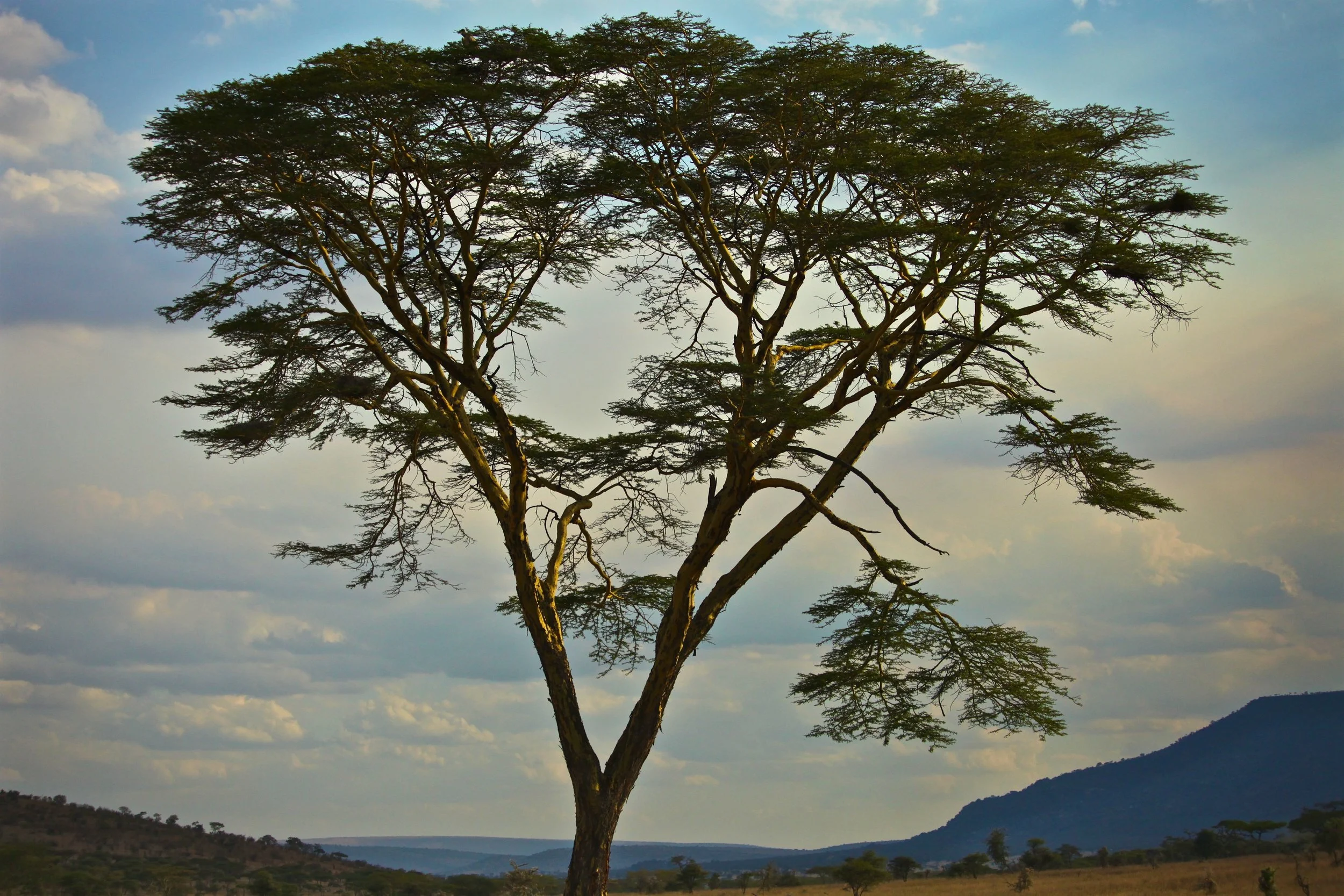Speaking of Shitholes
Whatever else one might say about Trump’s comment about ‘shithole’ countries and the thinking behind it, it was, at the very least, a lost opportunity to open a conversation about many things, including what constitutes a ‘shithole’ and what does not. My interpretation of the term is that it refers to places that lack the infrastructure and the amenities that we mostly take for granted in the West: electricity, running water, a certain kind of cleanliness. But if we scratch the surface of who does and does not have these things globally, and their importance to a healthy, fulfilling life, we must take a closer look at what, exactly, constitutes a shithole, and what, exactly, defines a non-shithole? Seriously.
If we consider that most ‘shitholes’ were at one time either European colonies or countries that the US manipulated, destabilized, controlled or bombed, what is the term for that causal role? And if we stop to consider that, according to the 2016 US Census, 48% of America’s population lives at or below the poverty line (1 in 3 Native Americans, 1 in 4 African Americans and Hispanic people), what is the term we should use for that? Specifically, 5.3 million people in the US live on $1.90 - $4.00 per day, on a par with Senegal, Sierra Leone and Nepal. Life expectancy in Appalachia and the Mississippi Delta is less than in Bangladesh or Viet Nam. The recent school shooting in Kentucky was the 11th in the month of January 2018. And, since Trump became president, there have been more than 15,583 gun deaths in the US, not including suicides (NY Times), an increase of 12% over last year (Washington Post). And how should we describe ourselves in terms of being 34th out of 35 “developed nations” in terms of child poverty? (Romania is #35). Or the fact that, per capita, we are the world’s biggest polluters (CNBC)? Or that, as of 2017, we spent more on defense ($611 Billion) than China, Russia, Saudi Arabia, India, France, the UK, Japan and Germany combined ($595 Billion)? (Peterson Foundation & World Economic Forum) And that, despite the fact that the US accounts for barely 5% of the global population, we incarcerate 25% of the world’s total population (at a rate of 716 per 100,000)? (Washington Post). The US is also the only country in the world to have actually used a nuclear bomb. Ah, but we have electricity and running water. At the very least, these and other statistics invite a look in the mirror, and a conversation about just what makes a country ‘great’, ‘free’, and not a shithole. What, then, constitutes a shithole country? And what to make of the fact that life in shithole countries (at least the ones I’ve visited) is infused with breathtaking beauty, generosity of spirit and rare delights that cannot be found in the West? I pity the ignorant Trumps of the world who do not know this.
The argument that thousands of people are eager to come to America does not prove that the places they hope to leave are shitholes. It says that conditions in certain places have become unbearable – that proxy wars, resource extraction, colonialism, trauma, pollution, climate change and corruption have created unlivable conditions. The clamber of would-be immigrants tells us that the West in general and the US in particular have done a shamefully good job of convincing people that their problems will be solved if they can have what we have. This proves only that people who are thirsty will drink the Kool-Aid gospel of a consumer economy where accumulation of possessions supplants relationships with the Natural World and with other human beings – relationships that cohere rather than divide, that protect rather than destroy, and that value the well being of the Whole for the sake of All. By what logic, then, do we call other places shitholes when we are willing to sacrifice everything, including ourselves, for the temporary pleasure of the few?
This reminds me of a story that was given to me by Joseph Babu Ayindo, a peacebuilder and theater artist from Kenya. He was speaking of a training he had conducted with people from war-torn countries in Africa, including Angola, a former Portuguese colony that suffered a civil war, became a pawn in the Cold War, and is now the horrifically polluted and hopelessly corrupt fiefdom of oil companies and expats.
Babu and his group of peacebuilders did a team-building exercise that many of us are familiar with, where the group joins hands and weaves itself into a tangled knot. Normally there is singing and laughter during this first phase, ending in people being impossibly contorted and crowded together. At this point, the group is instructed, while still holding hands, to untangle itself. It’s a surprisingly complex task. This particular group managed to disentangle such that everyone was comfortable except the very last person in the line, who remained contorted and in pain while the others were ‘free’. Was this acceptable? In ‘reality’, is this OK?
One participant observed, “This is like the peace process in Angola where after peace and reconciliation had concluded, a small little thing just right at the end can send people backward. [This is] something that most peacemakers, have ignored.” Babu went on to observe, “What’s required [in peacebuilding] is group participation, a group approach and total participation of the people involved in the process of conflict transformation.” The same can be said of equitable standards of living, good governance, environmental protection, and social justice. The African peacebuilders decided to re-tangle and untangle again until everyone was comfortable, a process that took another hour or more. I am ashamed that, up to the present, the United States has not had the decency to do likewise.
